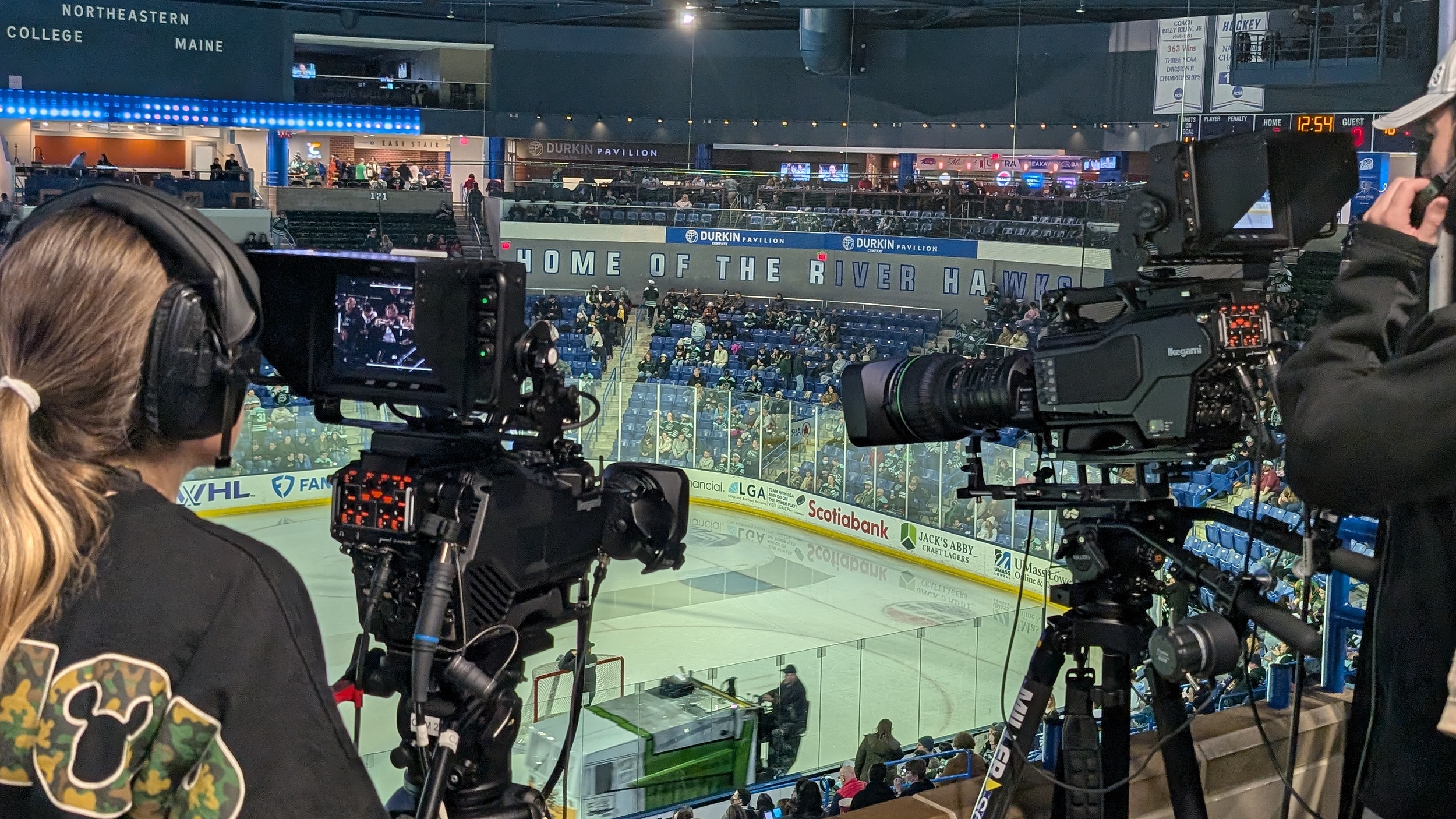NYC stations to be streamed on wireless pay-TV service
Aereo, a new broadcast TV provider launching in New York City next month, may have figured out how to legally sell broadcast television over the Internet. For $12 a month, it rents users a miniature television antenna and DVD recorder and delivers the programming to users over the Internet.
Users don’t need high-priced cable service, computer television tuners or their own antenna at home. But, as with a typical local antenna and DVR set up, viewers can watch all the major networks and record anything they like for future viewing. Viewers can begin watching a program at home, continue watching it on a smartphone and pause or rewind anywhere along the way.
Aereo is backed by the very deep-pocketed Barry Diller, who created the Fox television network almost 30 years ago. Diller told the “New York Times” he wants to free broadcast television from the “closed cable-broadcast-satellite circle.”
Last week, at the Manhattan headquarters of his company, IAC/InterActiveCorp, Diller introduced Aereo, which he said “pries over-the-air broadcast television out of that closed system.” IAC led a $20.5 million round of financing for Aereo, and Diller is joining the start-up’s board.
Aereo is one of the most ambitious attempts ever to distribute television over the Internet. If it’s successful, the venture threatens cable and satellite distributors who now control most of the viewing. The service, which launches in mid-March, will stream programming from all the networks to tablets, smartphones and Internet-connected television sets.
For viewers that don’t watch sports, it becomes an appealing alternative to cable—especially when combined with a movie service like Netflix. “If you have this and you have Netflix, you absolutely have the ability to not have a standard cable subscription,” Chet Kanojia, the founder and chief executive of Aereo, told the “Times.”
Finding a legal way around cable and satellite services has been a long and hard journey. Aereo thinks it has found the way by picking up broadcast television signals through tiny antennas. In Brooklyn, the company has arrayed thousands of tiny antennas—each the size of a thumbprint—so that each subscriber has an assigned antenna. In this way, the service complies with laws involving the exhibition of copyrighted material.
The professional video industry's #1 source for news, trends and product and tech information. Sign up below.
“Technically we’re actually providing a use license for the antenna and the cloud DVR,” Kanojia told the newspaper. However, even though it believes the system will pass muster with the courts, Aereo is bracing for legal challenges from TV stations, cable and satellite.
“We understand that when you try to take something meaningful on, you have to be prepared for challenges,” Kanojia added.
All the major television stations and program vendors in New York City declined to comment on Aereo’s plans. Last year, Ivi TV tried to redistribute broadcast television signals on the Internet, but was stopped by a federal judge in New York after stations and content providers sued, claiming their signals were being stolen. The antenna arrays are a way around the issues in that case, which is still in progress.
At Aereo’s news conference, Kanojia said that New York was “a starting point” for the service and said it would expand “a step at a time, a market at a time.”
